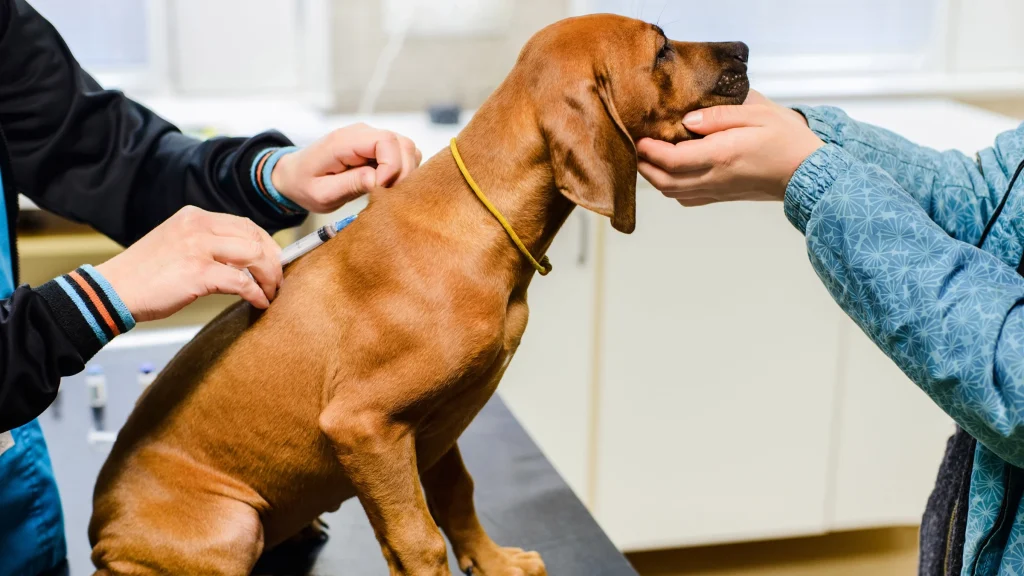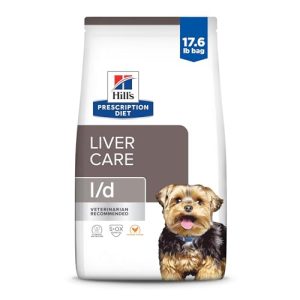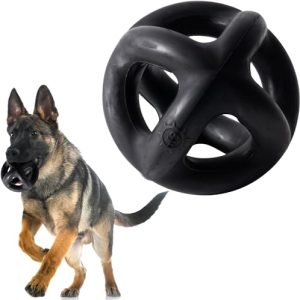Have you ever wondered if you can catch kennel cough from your dog? If your furry friend has been coughing or sneezing, it’s natural to worry about your own health.
Kennel cough is common in dogs, but can it jump to you? Understanding the risks and facts can keep both you and your pet safe. Keep reading to learn what kennel cough really is, how it spreads, and what you should watch out for to protect yourself and your dog.
What Is Kennel Cough
What Is Kennel Cough?
Kennel cough is a highly contagious respiratory infection that dogs can catch, especially when they are in close contact with other dogs. It’s similar to a common cold in humans but affects your dog’s throat and airways. Understanding what kennel cough is can help you protect your furry friend and know when to seek veterinary care.
Common Symptoms
- Persistent cough:A harsh, dry cough that sounds like your dog is trying to clear its throat.
- Runny nose:Clear or slightly cloudy nasal discharge may be present.
- Sneezing and gagging:Your dog might sneeze frequently or gag as if something is stuck in their throat.
- Lethargy:Your dog may seem tired or less active than usual.
- Loss of appetite:They might eat less because of discomfort.
If your dog starts coughing after visits to dog parks or kennels, you should watch closely for these signs. Have you noticed your dog coughing more after social outings? That might be a clue.
Causes And Spread
Kennel cough is caused by a mix of bacteria and viruses, with Bordetella bronchisepticabeing the most common culprit. Dogs pick it up when they breathe in airborne droplets from coughing or sneezing dogs.
Places where dogs gather—like kennels, dog parks, grooming salons, and training classes—are hotspots for spreading this infection. Even brief contact with an infected dog or contaminated surfaces can transmit the disease.
Have you ever thought about how quickly germs spread in places your dog loves to visit? Knowing this can help you make smarter choices about where and when to take your dog.
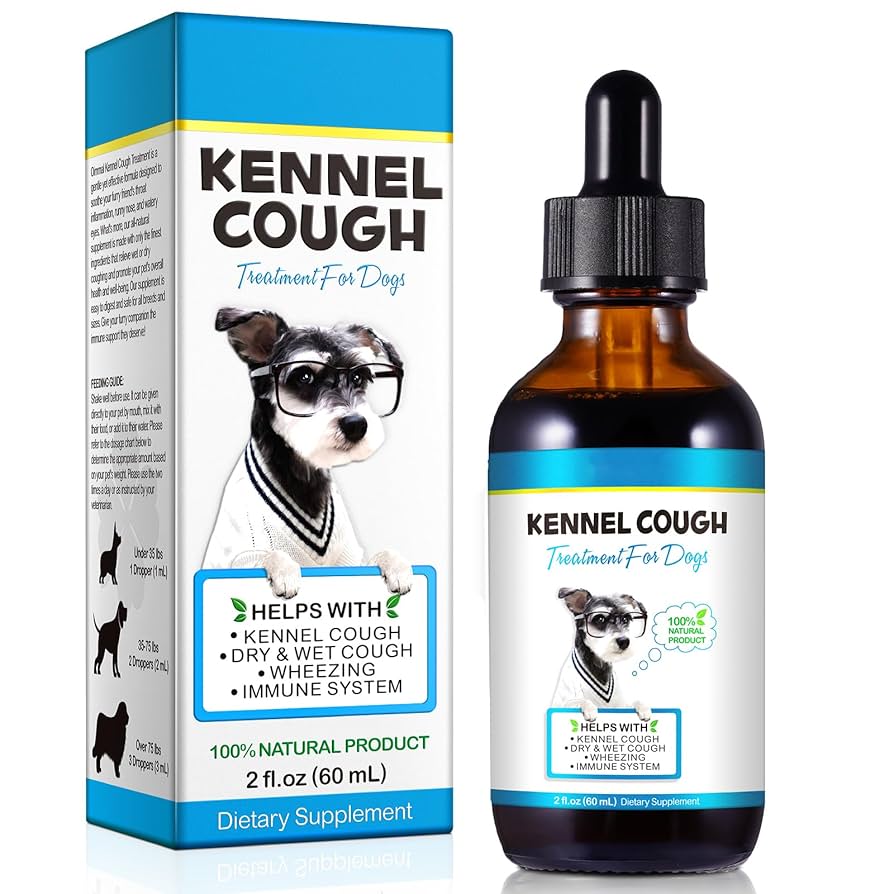
Credit: www.amazon.com
Transmission To Humans
Kennel cough is a common illness in dogs that spreads easily among them. Many dog owners worry about catching it from their pets. Understanding how kennel cough transmits to humans helps keep everyone safe. This section explains the chances of getting kennel cough from your dog and what factors affect this risk.
Risk Factors
The chance of humans catching kennel cough is very low. The bacteria and viruses causing kennel cough mainly affect dogs. Still, some conditions can increase human risk:
- Weakened immune system
- Close contact with infected dogs
- Living or working in places with many dogs, like shelters
- Young children or elderly people
People with healthy immune systems rarely get infected. Simple hygiene helps reduce the risk further.
Cases Of Human Infection
Human infections from kennel cough are very rare. Only a few cases have been reported worldwide. These cases mostly involved people with weak immune defenses. Symptoms in humans can include mild cough and sore throat.
Doctors often mistake these symptoms for common colds. This makes true cases hard to identify. Still, experts advise caution around sick dogs. Avoid close face contact and wash hands after petting your dog.
Preventing Kennel Cough
Preventing kennel cough is key to keeping your dog healthy and avoiding the spread of this contagious respiratory infection. Taking the right steps not only protects your pet but also helps you avoid the uncomfortable question: can I get kennel cough from my dog? Let’s look at practical ways to stop kennel cough before it starts.
Vaccination For Dogs
Vaccination is one of the most effective ways to protect your dog from kennel cough. Dogs that spend time in places like boarding kennels, dog parks, or grooming salons should be vaccinated regularly. The vaccine reduces the risk of severe symptoms and helps control outbreaks.
Ask your vet about the best vaccination schedule for your dog. Some vaccines are given as a nasal spray, which can provide quicker protection. Have you checked your dog’s vaccination status lately? It’s a simple step that can save you from future headaches.
Hygiene Practices
Good hygiene plays a huge role in preventing kennel cough. Clean your dog’s bedding, toys, and food bowls often to reduce germs. Avoid sharing these items with other dogs, especially if they show any signs of illness.
When you take your dog to public places, watch for coughing or sneezing in other dogs. Keeping your dog away from sick animals limits exposure to the infection. Do you regularly wash your hands after handling your pet or cleaning their space? This habit protects both you and your furry friend.

Credit: www.amazon.com
Treatment Options
Knowing how to treat kennel cough effectively can make a big difference in your dog’s recovery and your peace of mind. Treatment options focus on easing symptoms, preventing complications, and reducing the risk of spreading the infection. Let’s look at practical steps you can take once your dog shows signs of kennel cough.
Care For Infected Dogs
Caring for a dog with kennel cough means creating a comfortable, stress-free environment. Make sure your dog gets plenty of rest and avoid activities that trigger coughing fits, like running or jumping.
Keep your dog hydrated by offering fresh water frequently. Soft, warm food can be easier to eat if your dog has a sore throat or cough.
Sometimes, veterinarians prescribe cough suppressants or antibiotics if there’s a risk of secondary bacterial infection. Always follow your vet’s advice carefully and never give human medicine to your dog without consulting a professional.
Managing Human Exposure
Although kennel cough rarely infects humans, you should still take precautions if your dog is sick. Wash your hands after touching your dog or cleaning their bedding.
Avoid close face-to-face contact, especially if you have a weakened immune system or respiratory issues. Use separate towels and keep your dog’s living area clean to reduce the chance of spreading germs.
Have you noticed how small actions, like washing hands regularly, can prevent bigger problems? Protecting yourself is just as important as caring for your dog during this time.
When To See A Doctor
Knowing when to see a doctor is crucial if you suspect kennel cough might be affecting you or your dog. Early action can prevent complications and ensure proper treatment. Let’s look closely at the signs that mean it’s time to get professional medical or veterinary help.
Symptoms In Humans
Though rare, humans can catch kennel cough, especially if their immune system is weak. Watch out for a persistent dry cough that doesn’t go away after a few days. You might also experience a sore throat, mild fever, or tiredness.
If your cough worsens or you develop shortness of breath, chest pain, or a high fever, seek medical advice immediately. These symptoms could signal a more serious infection or complication. Remember, catching kennel cough from your dog is uncommon but still possible, so don’t ignore unusual respiratory symptoms.
Symptoms In Dogs
Your dog’s cough is the most obvious sign of kennel cough. It often sounds like a honking or gagging noise. If your dog also shows signs like sneezing, runny nose, or loss of appetite, it’s time to consult your vet.
Urgently see a vet if your dog has difficulty breathing, weakness, or a high fever. Puppies, older dogs, and dogs with other health issues need extra care. Quick treatment helps your dog recover faster and prevents spreading the infection to other pets.
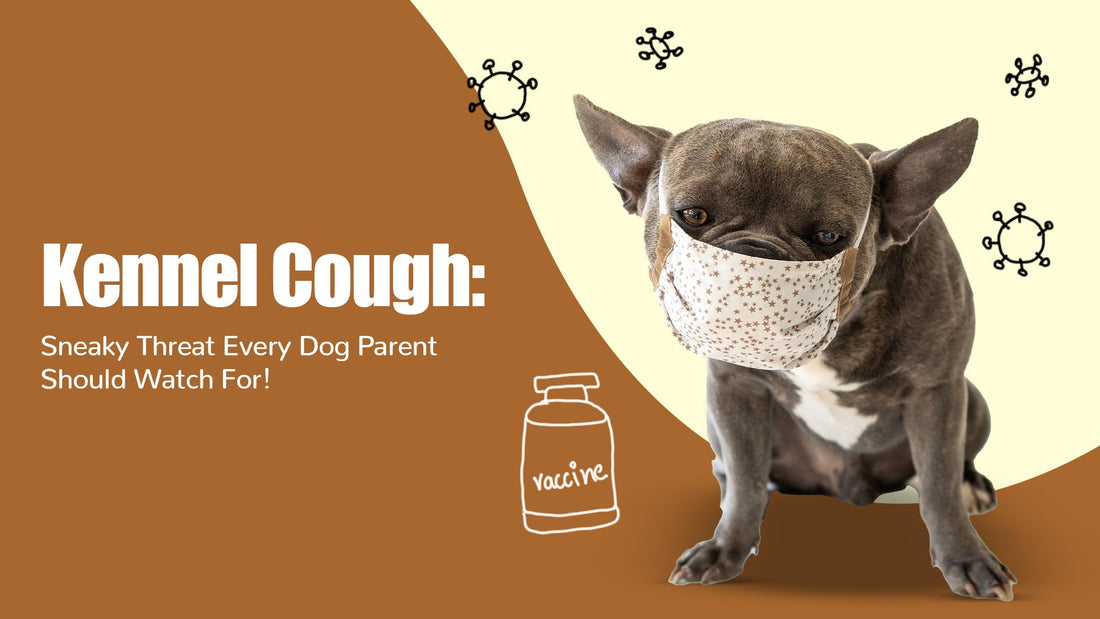
Credit: zigly.com
Frequently Asked Questions
Can Humans Catch Kennel Cough From Dogs?
Humans can rarely catch kennel cough. It’s caused by Bordetella bronchiseptica, a bacteria affecting dogs. People with weakened immune systems might be at a slight risk. It’s always best to maintain good hygiene and consult a doctor if you’re concerned about potential transmission.
What Are Kennel Cough Symptoms In Humans?
In rare cases, humans may experience mild cold-like symptoms. This includes a cough, runny nose, or mild fever. It’s important to note that severe cases are uncommon. If you experience these symptoms, consult a healthcare professional for advice and possible treatment options.
How Can I Prevent Kennel Cough Transmission?
To prevent transmission, ensure your dog is vaccinated against kennel cough. Practice good hygiene by washing your hands after handling your dog. Avoid sharing food or drinks with your pet. If your dog shows symptoms, seek veterinary care promptly to reduce the risk of spreading the infection.
Is Kennel Cough Contagious To Other Pets?
Yes, kennel cough is highly contagious among dogs. It can spread quickly in environments like kennels and dog parks. Cats can also catch Bordetella, but it’s less common. Keep your infected pet isolated and consult a vet for appropriate treatment to prevent spreading the illness to other animals.
Conclusion
Kennel cough mainly affects dogs, not people. Rarely, it may spread to humans with weak immunity. Washing hands after handling dogs helps reduce risks. Keep your dog away from sick animals to stay safe. Watch for symptoms and visit a vet if needed.
Understanding kennel cough keeps both you and your dog healthy. Simple care and caution go a long way. Stay informed and protect your furry friend every day.

Emily Barker is the founder of ChillDogLife.com, a space dedicated to helping pup parents discover the best dog products, lifestyle tips, and cozy ideas for happier homes.
A lifelong dog lover, Emily combines her passion for pets with a knack for research to share trusted recommendations on everything from toys and furniture to health and everyday care.
Her goal is simple: to make life easier, stylish, and more joyful for dogs and the people who love them.
